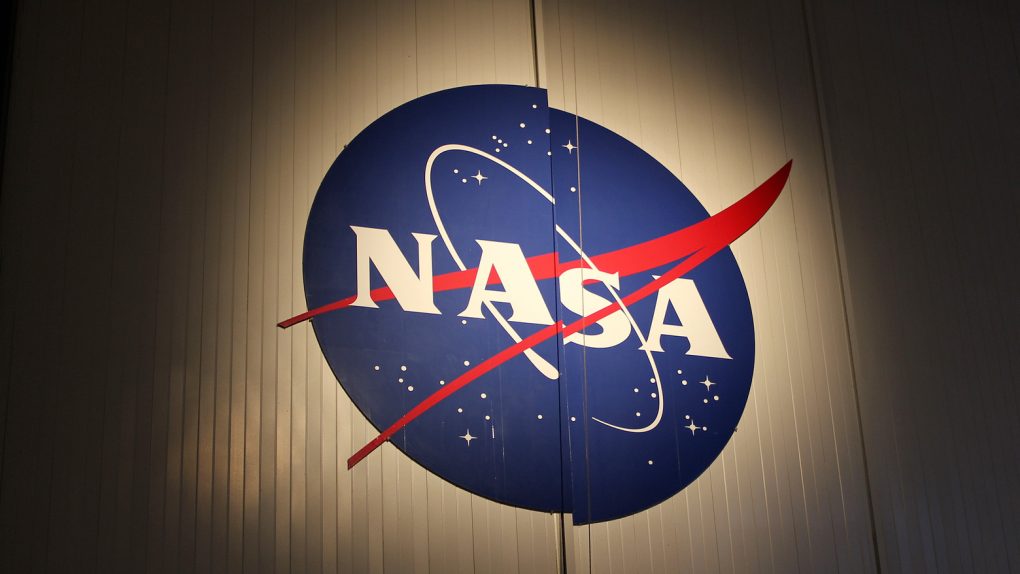The US space program hasn’t sent astronauts to the moon since the early 1970s, but if Donald Trump has his way, NASA will be once again exploring the lunar surface before long. A policy directive signed on Monday is “an important step in returning American astronauts to the moon for the first time since 1972 for long-term exploration and use,” according to Trump, but plenty of hurdles still stand in the way of Trump’s wishes, including funding and, even more importantly, an actual plan to go.
The signing of the directive was praised by private spaceflight companies, and Trump trotted out longtime NASA astronaut Harrison Schmitt — who also served as Republican senator — for the event. However, with very little in the way of concrete goals, the directive is being seen as less of a push for scientific advancement and more of a dig against the Obama administration’s space policies, which encouraged NASA to research nearby asteroids and plan for a Mars mission by the 2030s.
As The Washington Post accurately points out, Trump isn’t the first president to suggest man revisit the moon. In fact, both George H.W. Bush and George W. Bush were bullish on space exploration and did plenty of photo ops to cement themselves as pro-science, but failed spectacularly in providing NASA with the money or aim to actually deliver on those lofty promises.
That said, Trump’s stated desire to have private companies lead the way in a return to the moon is unique. We’re now at a point where private firms have pioneered many space travel technologies and companies like SpaceX, Moon Express, and Blue Origin are competing to reach important milestones.
NASA has already showed a willingness to work with these companies closely, trusting SpaceX in particular with delivering supplies to NASA astronauts aboard the International Space Station, and there’s no reason to think that other companies wouldn’t also be welcomed into the fold if they can prove useful in the pursuit of new science. With NASA’s budget still rather modest, private companies will remain the best hope for returning to the moon and potentially planning trips beyond for the foreseeable future.








